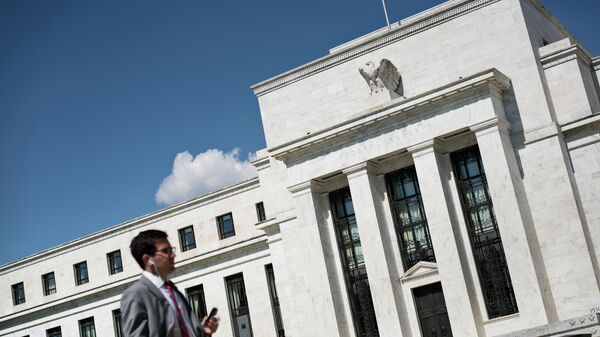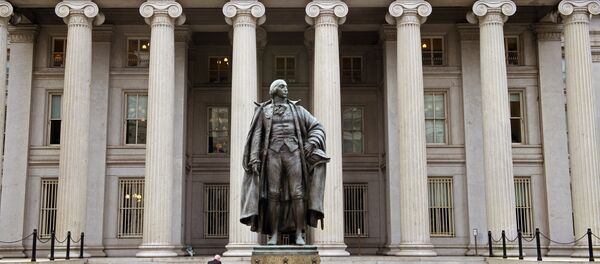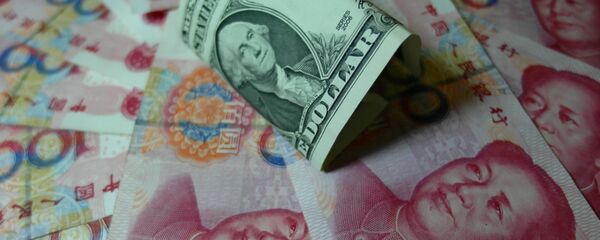Mexico has followed Russia and Turkey's suit by dumping US bonds, however, according to James Salazar, an economist at the country's CI Banco; Mexico has its own reasons for doing this.
Unlike Moscow and Ankara, who are getting rid of American Treasuries amid the Trump administration's tariff spree and the tightening of sanctions against the countries, Mexico's decision to sell US bonds is part of its investment strategy, the economist elaborated when speaking to Sputnik Mundo.
"The US' interest rates continue to grow making American bonds less attractive [for buyers]," Salazar said. "As part of the strategy, you usually get rid of treasuries to buy them again under more favorable conditions."
Mikhail Belyat, an analyst at the Russian State University for the Humanities, also believes that Mexico's decision to dump US bonds should not be politicized.
However, he admitted that the relationship between Mexico and Washington had gotten rough over Donald Trump's crackdown on illegal immigration, the Mexico border wall issue and Washington's pressure on Latin American states.
"This stance will be strengthened in Mexico with the advent of the new president, Manuel Lopez Obrador, because he has anti-imperialist and anti-American political views," Belyat presumed.
"In July, overseas accounts acquired the fewest fixed-rate government debt issues at auctions since at least 2009," Reuters reported on August 23. According to the media outlet, foreign buyers' "fatigue in absorbing the supply of Treasuries" poses a risk that bond yields will eventually go up.
One of the reasons behind such behavior is an unexpected strengthening of the US dollar in the second quarter which has sent hedging costs higher for foreign investors.
As a result, overseas buyers bought just $16.57 billion worth of monthly fixed-rate government bond supply in July, Reuters remarked, adding that the US Treasury had auctioned off $170 billion worth of two-, three-, five-, seven-, 10- and 30-year securities last month.
China had reduced its holdings of US Treasuries to $1.179 trillion in June, while Japan decreased its holding to $1.030 trillion the same month — the lowest level since 2011. The two countries are the largest holders of US debt.
Cumulatively, overseas investors sold $48.57 billion worth of US Treasuries in June, according to Reuters. If compared with the $21 trillion debt this amount seems insignificant, still the trend is triggering concerns as the US debt is steadily growing. It hit the $21 trillion mark in March 2018 and climbed to $21.21 trillion in late June, which means it is up $1.36 trillion from June, 2017.
Currently, foreign investors' holdings amount to less than one third of the $21 trillion debt. As of April 2018, overseas buyers owned $6.17 trillion worth of US securities.
The views and opinions expressed by the speaker do not necessarily reflect those of Sputnik.







